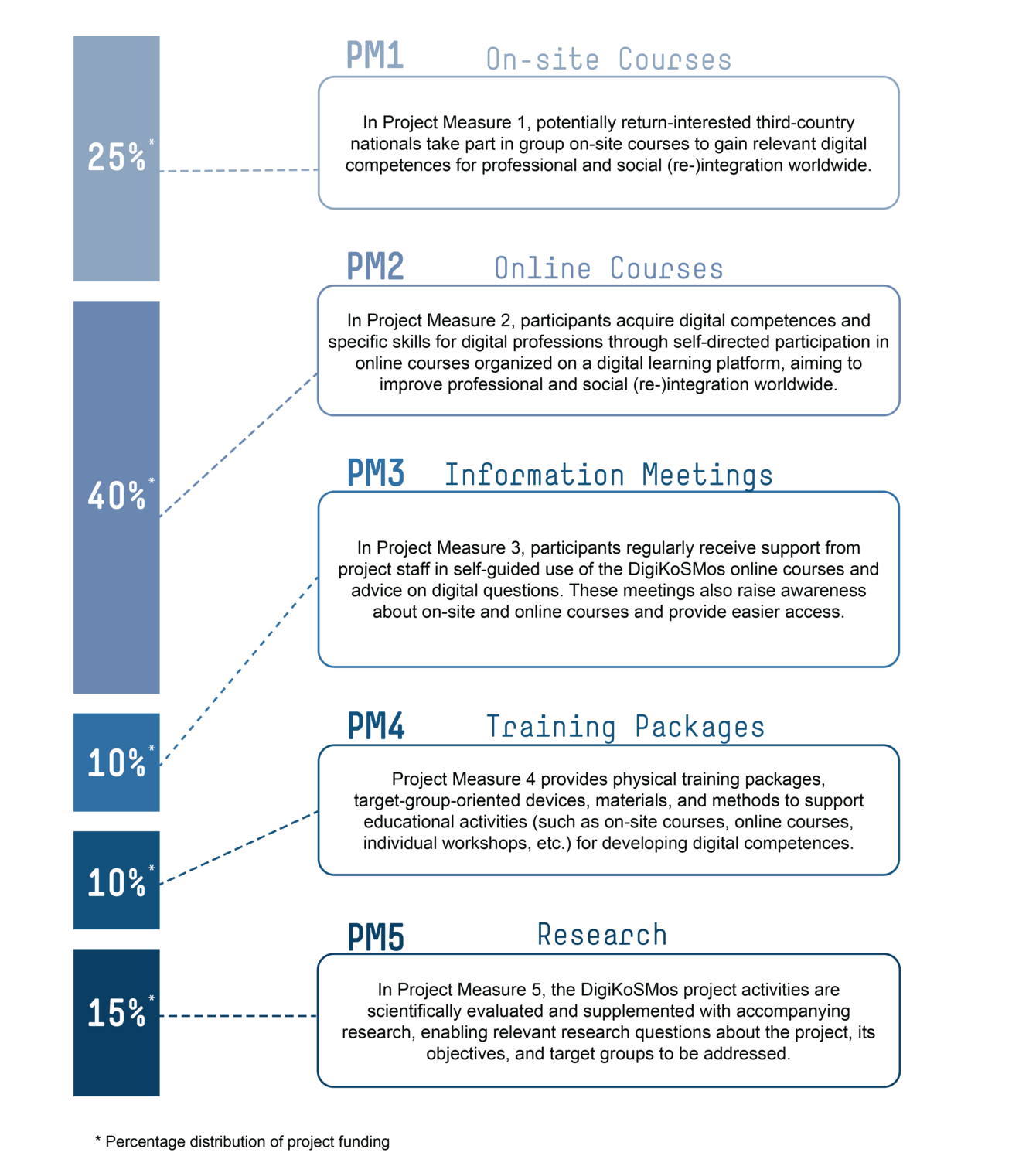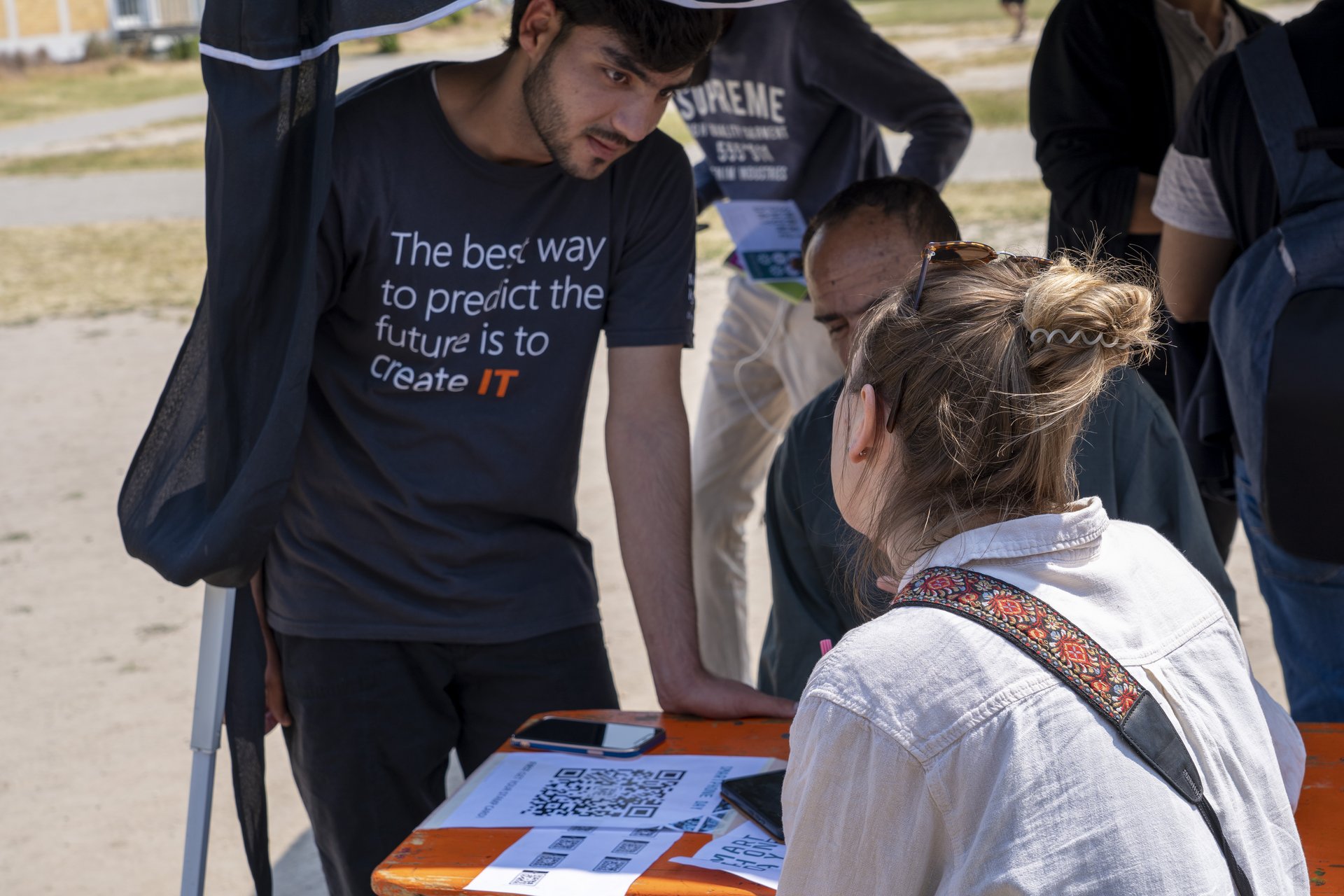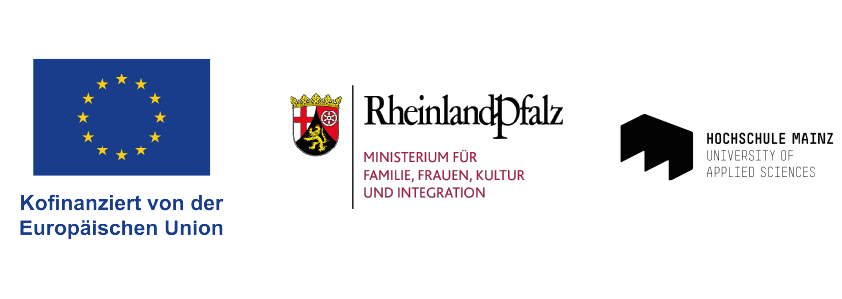Strengthening digital skills – enabling self-determination
With the DigiKoSMos project, we promote the digital independence of third-country nationals in Rhineland-Palatinate who are potentially interested in returning to their home countries. The aim is to teach practical digital skills that improve career opportunities, social participation, and possible (re)integration worldwide.
Our participants receive targeted support through in-person and online courses, individual assistance, and scientific supervision of the project. A particular focus is placed on preparing for a possible voluntary return to the country of origin – through training, counseling, and sustainable prospects.
Targeted strengthening of employability
Employability refers to the ability to find and keep a job and to adapt to new requirements in the labor market. For participants, this means better opportunities for training, employment, and a self-determined future.
DigiKoSMos strengthens this employability by teaching practical basic and professional digital skills – from the confident use of digital tools to writing job applications or using new technologies in everyday life.
We are guided by recognized international standards such as DigComp and DLGF. The project thus makes a twofold contribution: participants improve their personal opportunities on the labor market, and funding agencies can be sure that DigiKoSMos is geared toward sustainable integration and international comparability.

Results & Progress
As of: September 2025
Participants: 332 target group members reached.
Courses: 34 courses successfully conducted.
Research: 6 submitted abstracts and 3 scientific conferences
Consortium
The consortium of the project "Digital Competences for Self-Determination and Mobility Empowerment" (DigiKoSMos) consists of the following partners:
- European Union
- Ministry for Family, Women, Culture and Integration (MFFKI) of Rhineland-Palatinate
- Mainz University of Applied Sciences – Research Group WIMM
The project is funded by the Asylum, Migration and Integration Fund (AMIF 2021–2027) and by resources from the MFFKI.
Contact Person
Hannah Risser
digikosmos@hs-mainz.de
Tel.: +49 6131 628 3330

